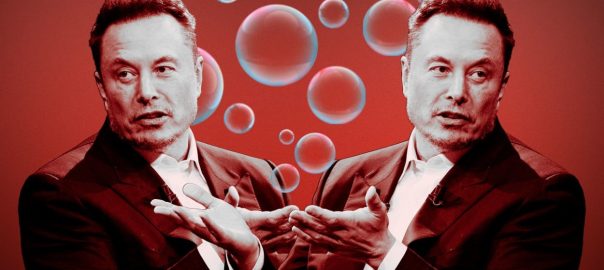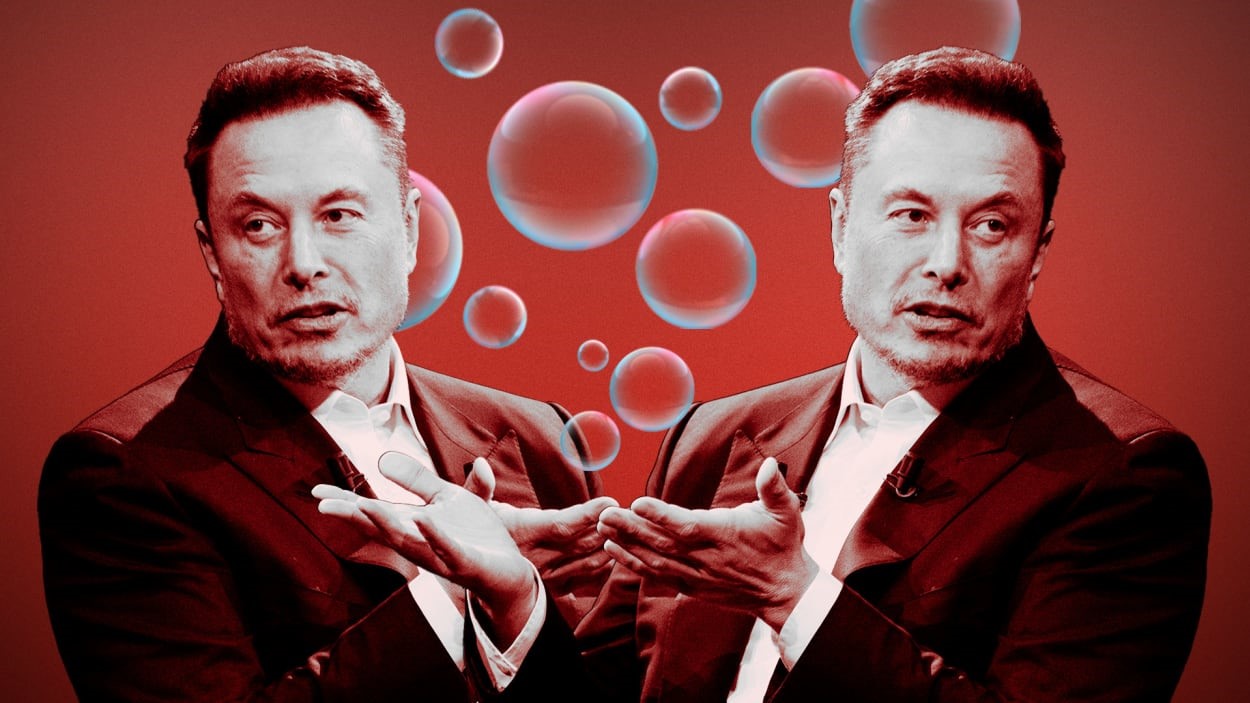By Emily Price
When Elon Musk took over Twitter in October of last year, he made headlines for his abrasive management style. The takeover, described by The New York Times as “two weeks of chaos,” resulted in widespread layoffs and employee lawsuits, and reportedly caused managers to vomit into trash cans.
His first communication to his staff, an email sent at 2:39 a.m. ET, spoke of a “dire” economic picture and an “arduous” road ahead. The late-night email also announced a new requirement for workers to be in the office for a minimum of 40 hours a week, starting the next day, a workday that was a mere 6 hours away for some.
Musk’s management strategy seems like the opposite of how you should interact with your new staff. But given his powerful and high-profile status, could he be inadvertently creating a blueprint of sorts for future takeovers?
For instance, Ryan Cohen, the new self-appointed CEO of GameStop, recently sent his first email to staff, and it’s a note that mirrors Musk’s early-morning missive, with calls for “extreme frugality” and threats against “time wasters.”
If such an approach were to become more widespread, it could turn into a nightmare scenario for workers everywhere. According to experts, both men’s methods of establishing authority might ultimately backfire—and is something others should think twice about copying.
“The best leadership does not draw attention to the leader. It draws attention to the teams that achieve the goals,” says Joe Judge, coauthor of the book, Leadership is Overcoming the Natural: 52 Maxims to Move Beyond Instinct. “It’s natural to seek attention and to be seen as a powerful arbiter of others’ fates. The ‘in-your-face’ style gets people talking. But real leadership requires care, communication, and empathy to help the team move forward. It requires acknowledging that people’s lives are greatly affected by their job and their boss.”
That much-needed empathy might be what’s lacking in Musk’s management.
“[He] is hands-on with his businesses, says Kraig Kleeman, founder and CEO of The New Workforce. “He doesn’t just sit in the big boss chair; he’s rolling up his sleeves, making important calls, and getting into the nitty-gritty of things. This style can motivate. It can also be intense for the folks working with him.”
The threat of the “Musk effect”
While Musk’s management style has made headlines, it’s also not exactly a new strategy. “Many attribute the trend to Elon Musk, but this intense work culture has existed at many companies long before Elon walked into the Twitter lobby holding a sink,” says Iliya Rybchin, partner at Elixirr Consulting, a global management consulting firm that works regularly with C-suite executives.
Rybchin notes that while the changes that Musk has made at Twitter represent a 180-degree turn from Twitter’s previous culture, what Musk is doing at the company is business as usual at many companies across the country.
“It’s challenging to render a definitive opinion as to whether what Elon, Ryan [Cohen], and other executives are doing is good or bad because it’s virtually impossible to separate the goals and intent of the policies from the caustic and provocative language used to communicate the policies,” he says.
For instance, asking employees to be thoughtful with spending is a very reasonable idea. However, both Musk and Cohen chose abrasive language as a way to communicate that to employees, which might not be the best strategy.
As for how to do better? “When working with clients on enacting any policy change . . . even a positive introduction of a new benefit, we always stress the importance of language and nuance in communication,” Rybchin says. “Every employee will interpret change through the lens of their personal experience, values, and goals. Media will cover the change without the understanding of the internal dynamics or cultural issues that led to the change. As a result, even the most well-meaning and positive changes can lead to an incorrect perception, and in any company, perception becomes reality very quickly. Once perceptions are formed, they are virtually impossible to change.”
That said, experts believe Musk’s and Cohen’s management styles won’t necessarily be contagious.
“Musk’s style is unique; only some CEOs can pull it off,” says Kleeman. “It’s like trying to wear someone else’s shoes—it might not fit quite right. Copying him without understanding your industry and market could be a recipe for disaster.”
“I don’t believe what we are seeing is universal,” Rybchin adds. “Twitter, GameStop, and other companies share similar challenges, and the solution largely rests on the shoulders of the staff. We may see more of it in tech as the bubble around some of the unicorn companies bursts, but I don’t see this spreading around to other industries.”
That’s potentially good news for workers who are worried their boss might be considering taking a page from the Musk handbook.
(3)








